Discovering new worlds with Wellington's planetarium
21 Oct 2019
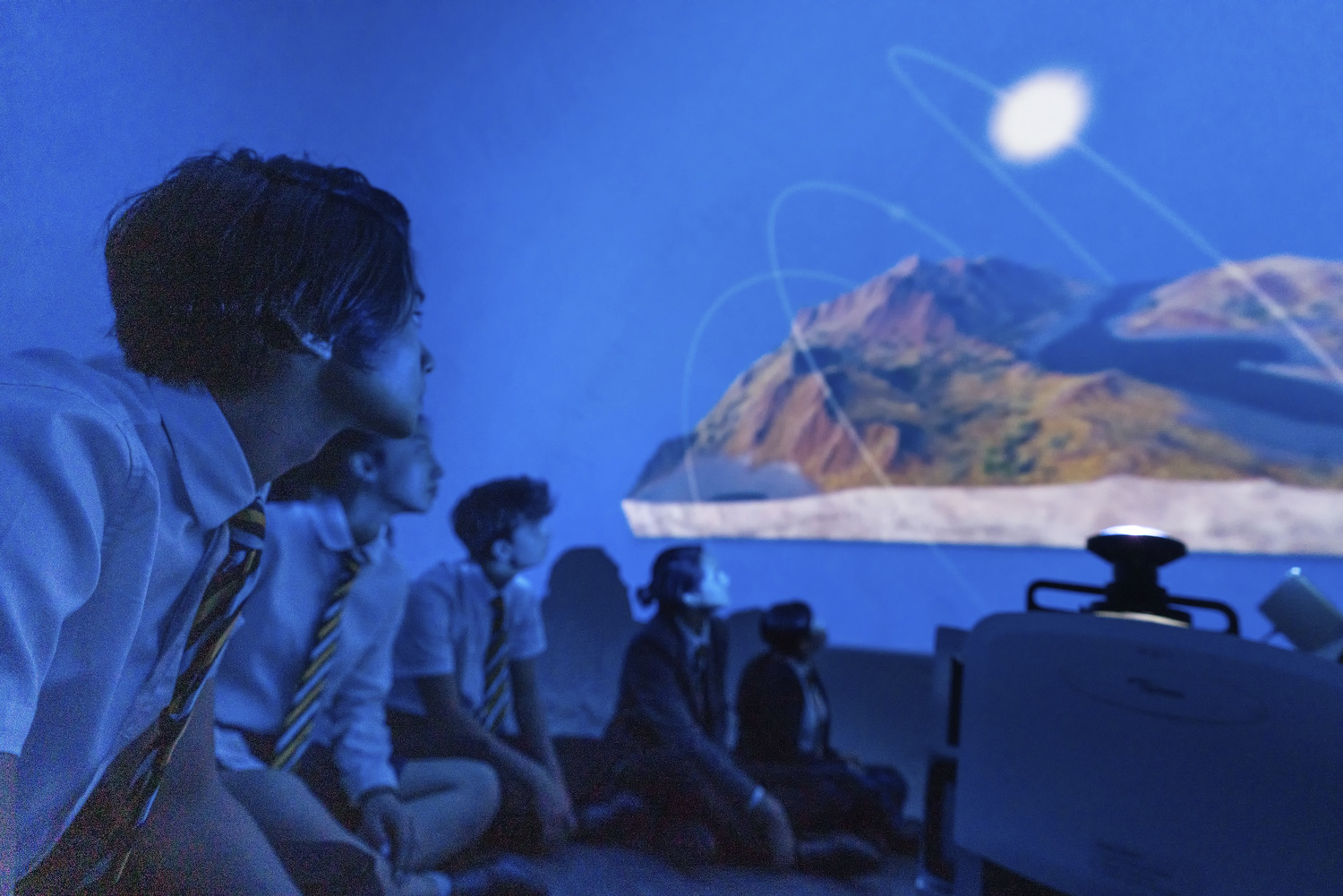 This year there’s a new addition to the Wellington science labs – the planetarium! Mr Lloyd, Head of Physics, is responsible for introducing this rather impressive piece of educational technology to our campus, and he’s only just started to unlock its full potential.
This year there’s a new addition to the Wellington science labs – the planetarium! Mr Lloyd, Head of Physics, is responsible for introducing this rather impressive piece of educational technology to our campus, and he’s only just started to unlock its full potential.
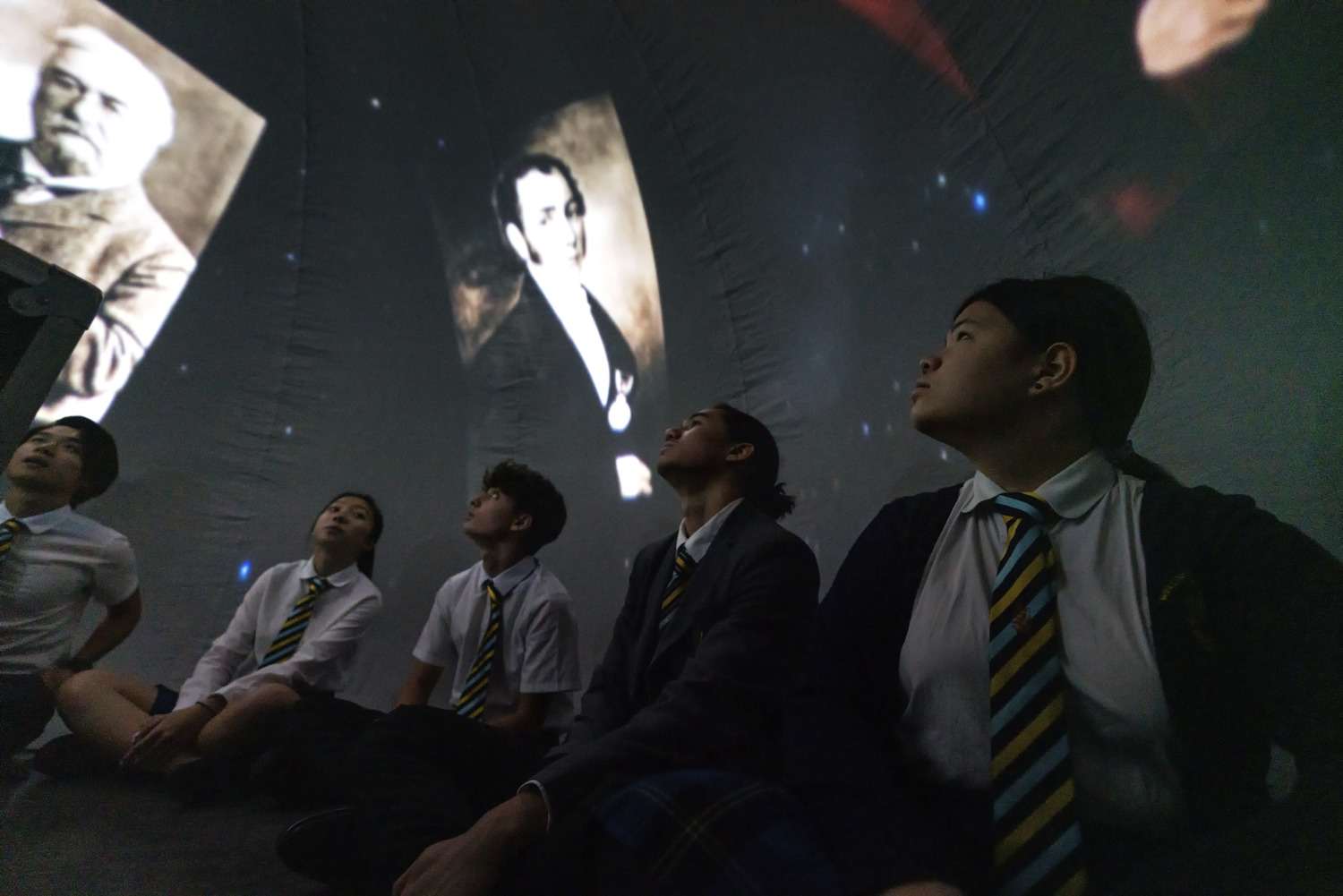 First things first, for those who haven’t tried it yet, what can pupils expect when they step into the new Wellington planetarium? What makes it special?
First things first, for those who haven’t tried it yet, what can pupils expect when they step into the new Wellington planetarium? What makes it special?
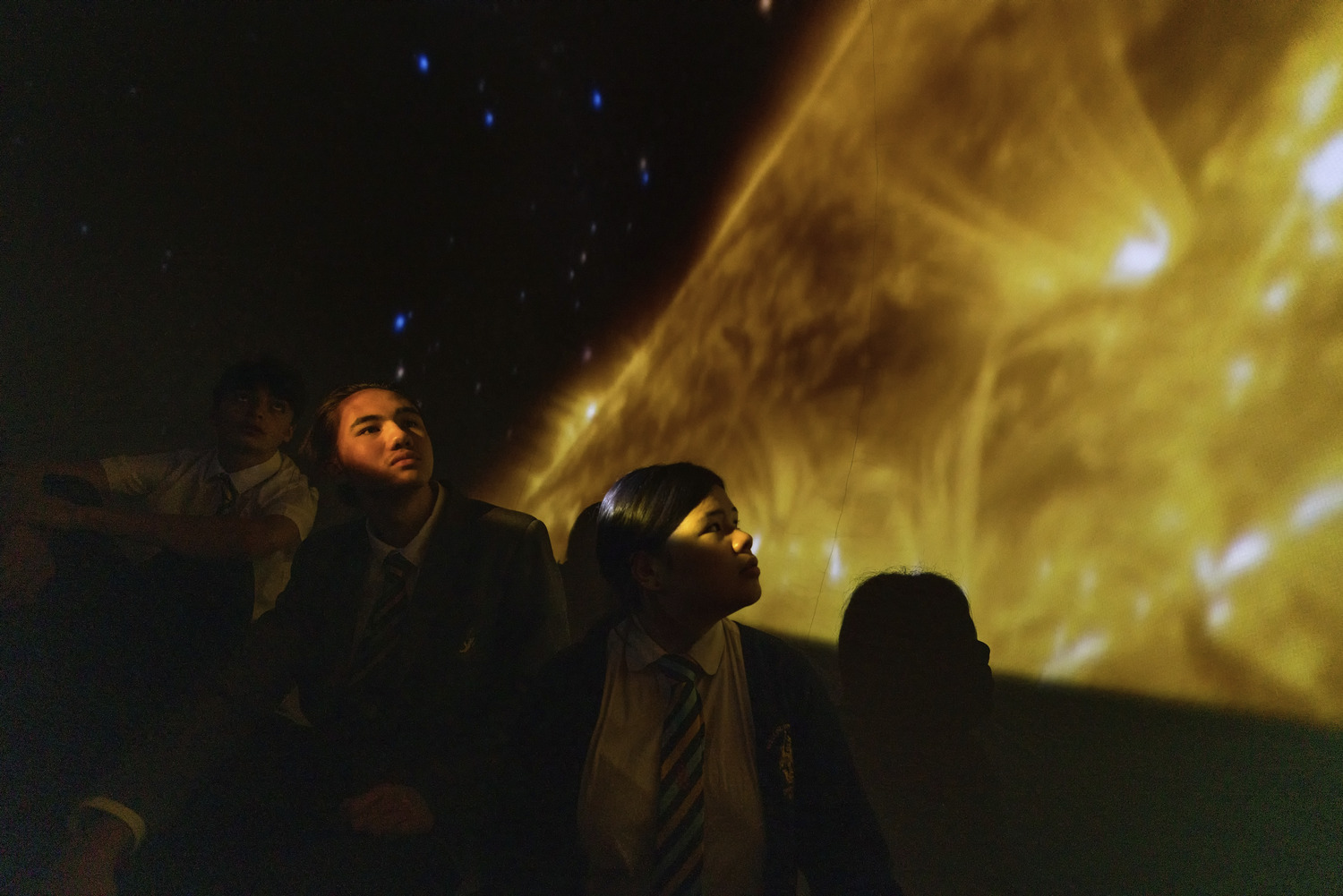 Can you give us an example of what the planetarium is capable of?
Can you give us an example of what the planetarium is capable of?
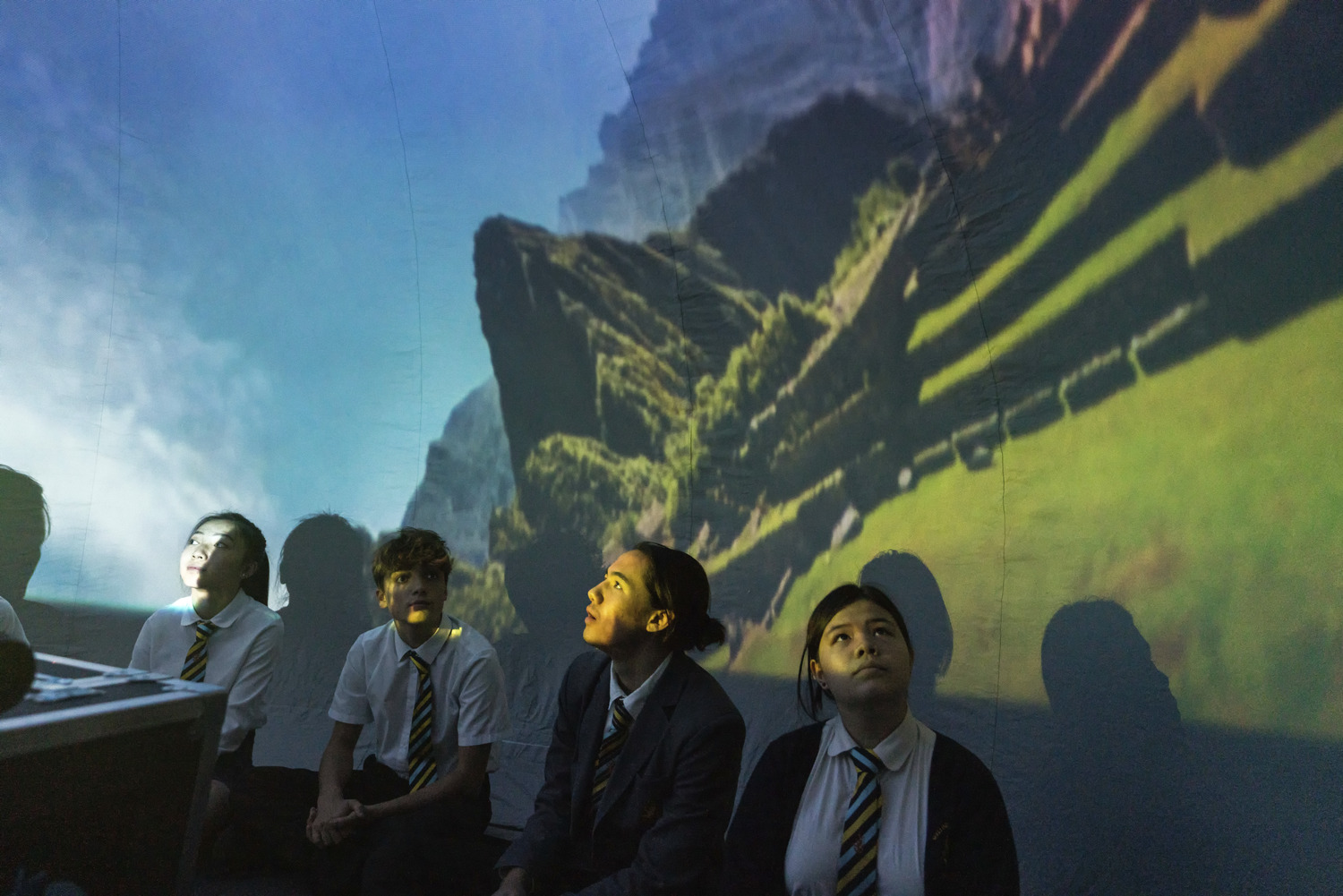 And are there more interactive elements to these kinds of programmes?
And are there more interactive elements to these kinds of programmes?
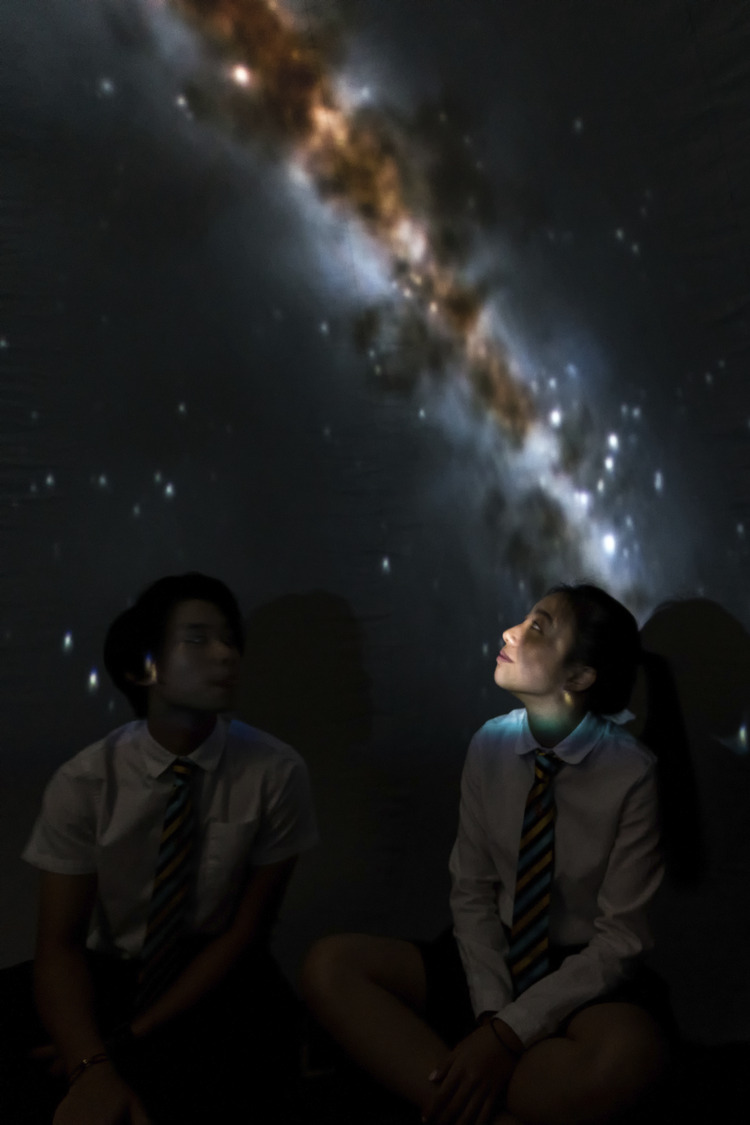 You said that it’s still early days for the planetarium. What do you have in store for the near future?
You said that it’s still early days for the planetarium. What do you have in store for the near future?
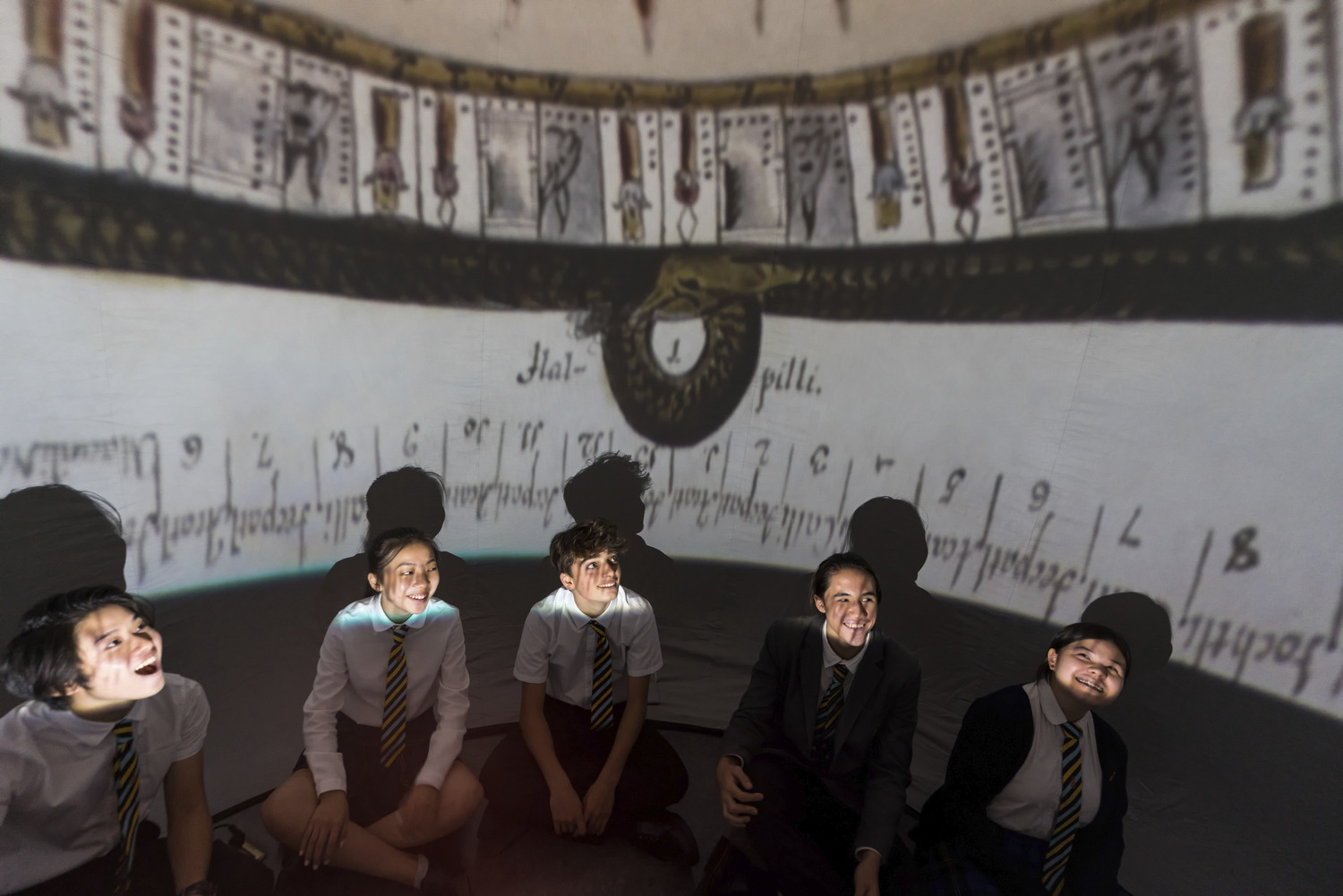 How have the pupils reacted to their planetarium lessons so far?
How have the pupils reacted to their planetarium lessons so far?
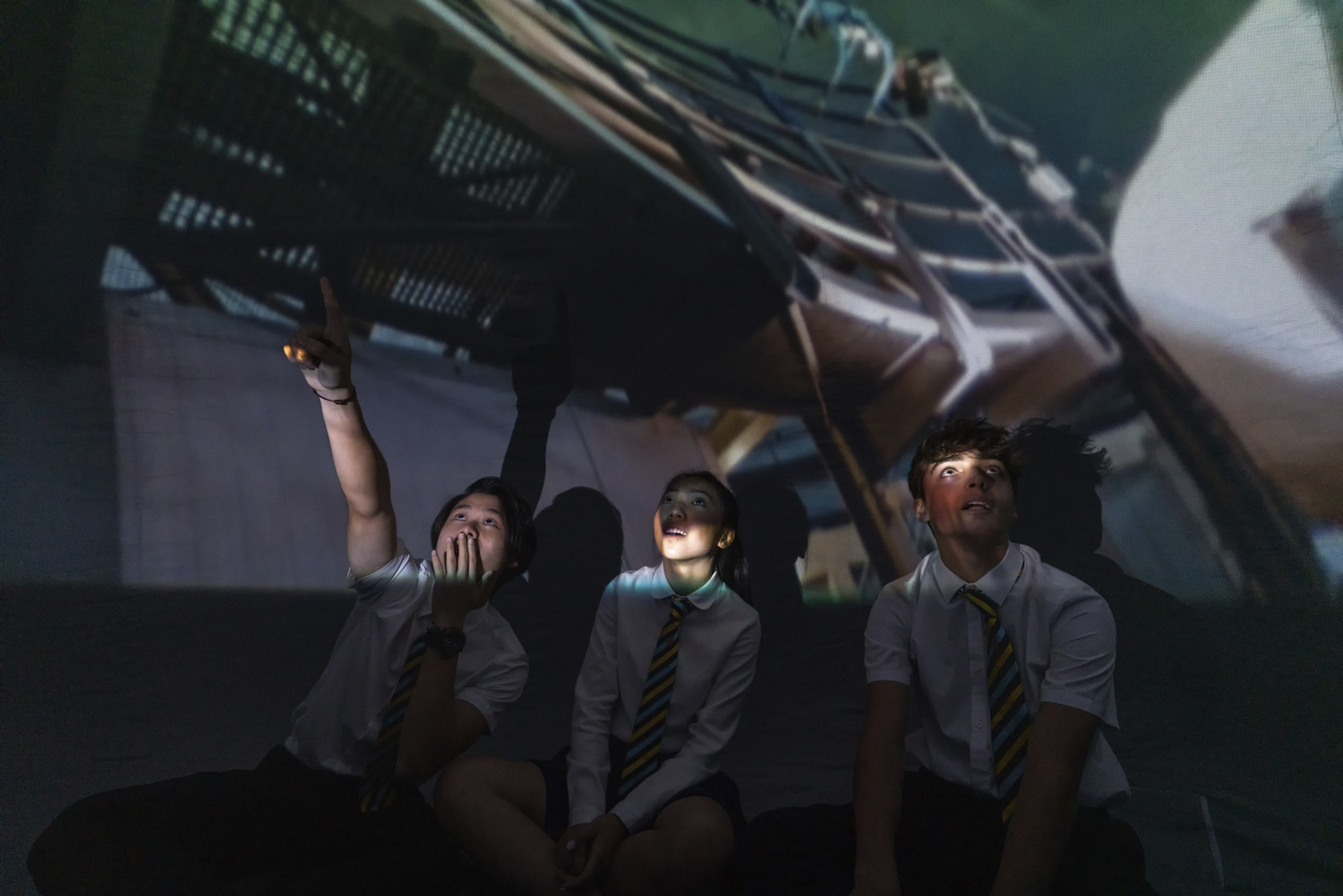 What do you think makes the planetarium such a special educational experience for pupils?
What do you think makes the planetarium such a special educational experience for pupils?
Related Articles

Two Wellingtonians Earn First Duke of Edinburgh's Gold Awards09 Dec 2025
✦✦ ✦✦✦✦ ✦✦ ✦ Courage is one of our core Wellington values, and two Year 13 pupils have shown plenty of it by achieving the Duke of Edinburghs (DofE) Gold Award, the first ever earned at Wellington Sha
Read More

Happy Year of the Horse! Warm Wishes from Wellington to Our Worldwide Community!24 Feb 2026
null
Read More

Discover Wellington With Our January Open Days19 Dec 2025
At Wellington, we believe education is about more than academic success. It’s about helping every child grow into a confident, curious and compassionate individual, ready to thrive in an ever-changing
Read More










